A Proactive Approach: Navigating Autism Screening During Pregnancy
.jpg)
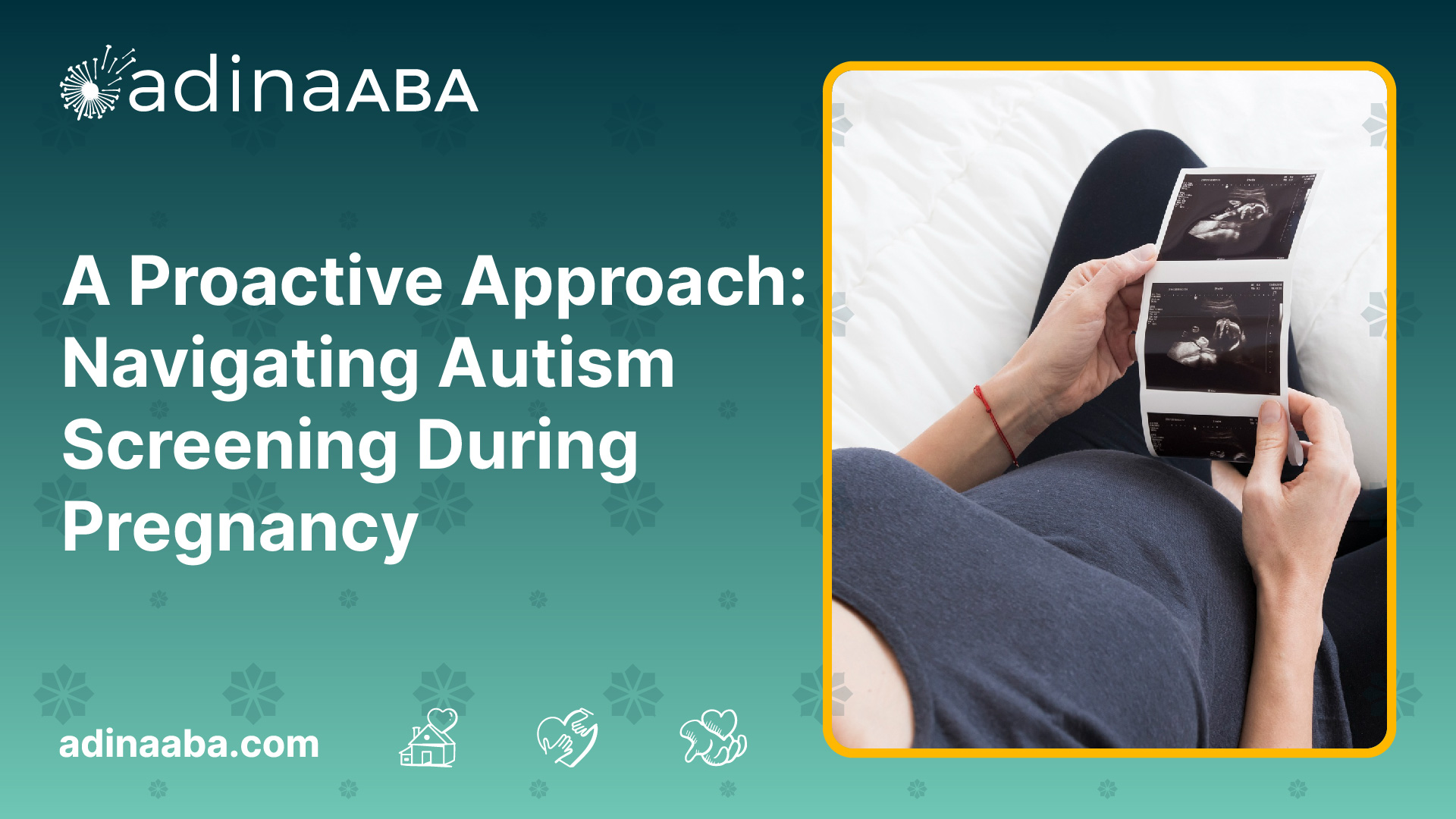
Understanding Autism
Autism is a complex neurodevelopmental disorder that affects individuals in various ways. It is characterized by challenges in social interaction, communication, and repetitive behaviors. Understanding autism is essential for recognizing the signs and symptoms in order to facilitate early intervention and support.
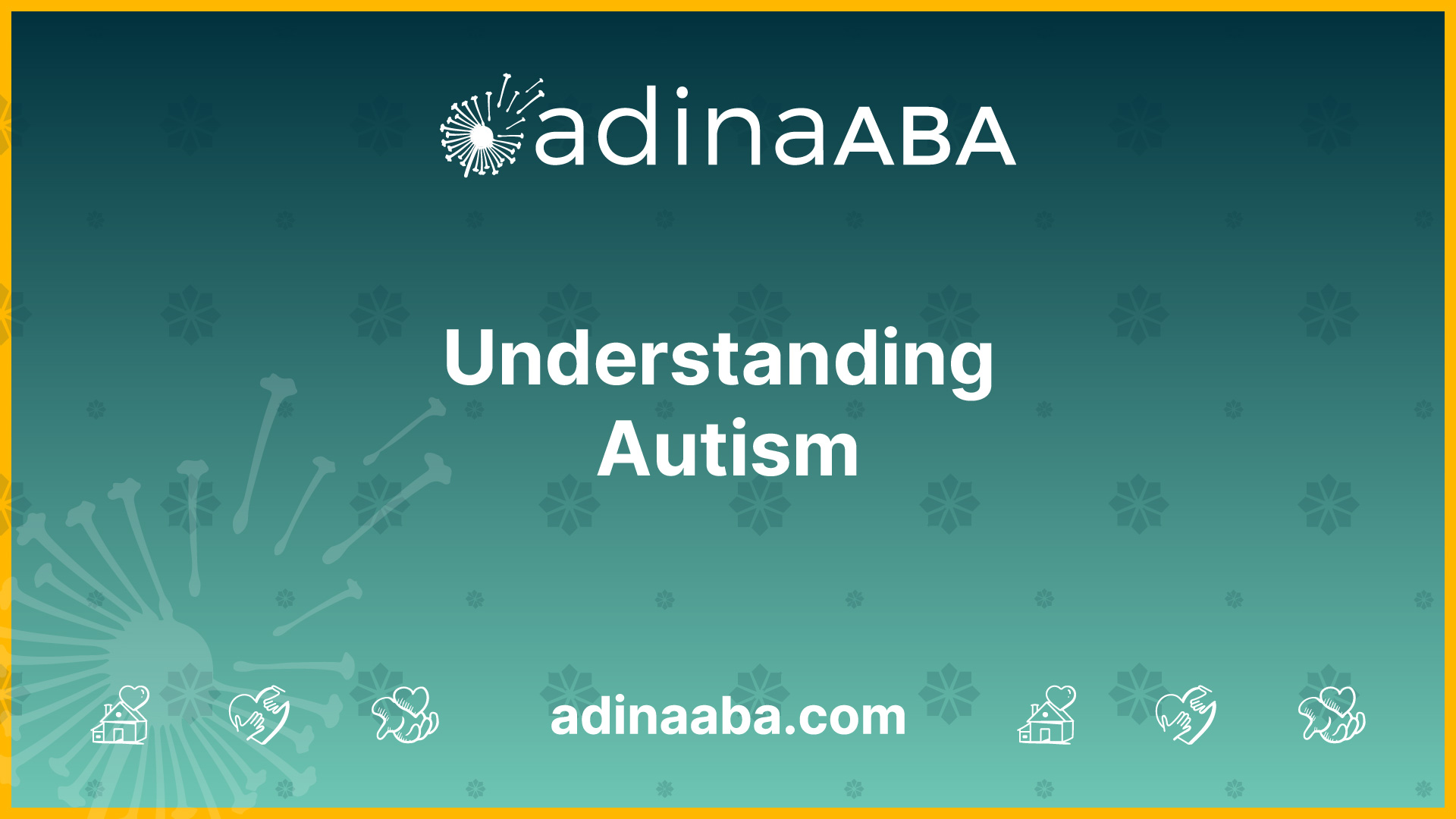
What is Autism?
Autism, also known as Autism Spectrum Disorder (ASD), is a condition that impacts the brain's development, affecting the way a person perceives and interacts with the world around them. It is generally diagnosed in early childhood, although some individuals may receive a diagnosis later in life.
Autism is a spectrum disorder, which means that it manifests differently in each individual. The severity of symptoms can vary greatly, ranging from mild to severe. Some individuals with autism may have exceptional abilities in certain areas, such as art, music, or mathematics.
Early Signs and Symptoms of Autism
Recognizing the early signs and symptoms of autism is crucial for early intervention and support. While the signs may vary from person to person, there are common behavioral and developmental indicators that can help identify potential red flags. It's important to note that these signs may appear in infancy or during early childhood.
Some early signs of autism in babies include:
- Limited or no eye contact
- Delayed or limited social smiling
- Lack of response to their name
- Limited babbling or delayed speech
- Repetitive movements, such as rocking or hand flapping
- Sensitivity to sensory stimuli, such as lights or sounds
It's important to remember that the presence of these signs alone does not confirm a diagnosis of autism. However, if you notice any of these behaviors or have concerns about your child's development, it is recommended to consult with a healthcare professional or pediatrician who can provide a proper evaluation. For more information on autism symptoms in infants, please refer to their article on autism symptoms in infants.
Understanding autism and its early signs is vital for parents and caregivers. By being aware of the potential indicators, early intervention and support can be sought, leading to improved outcomes for individuals with autism.
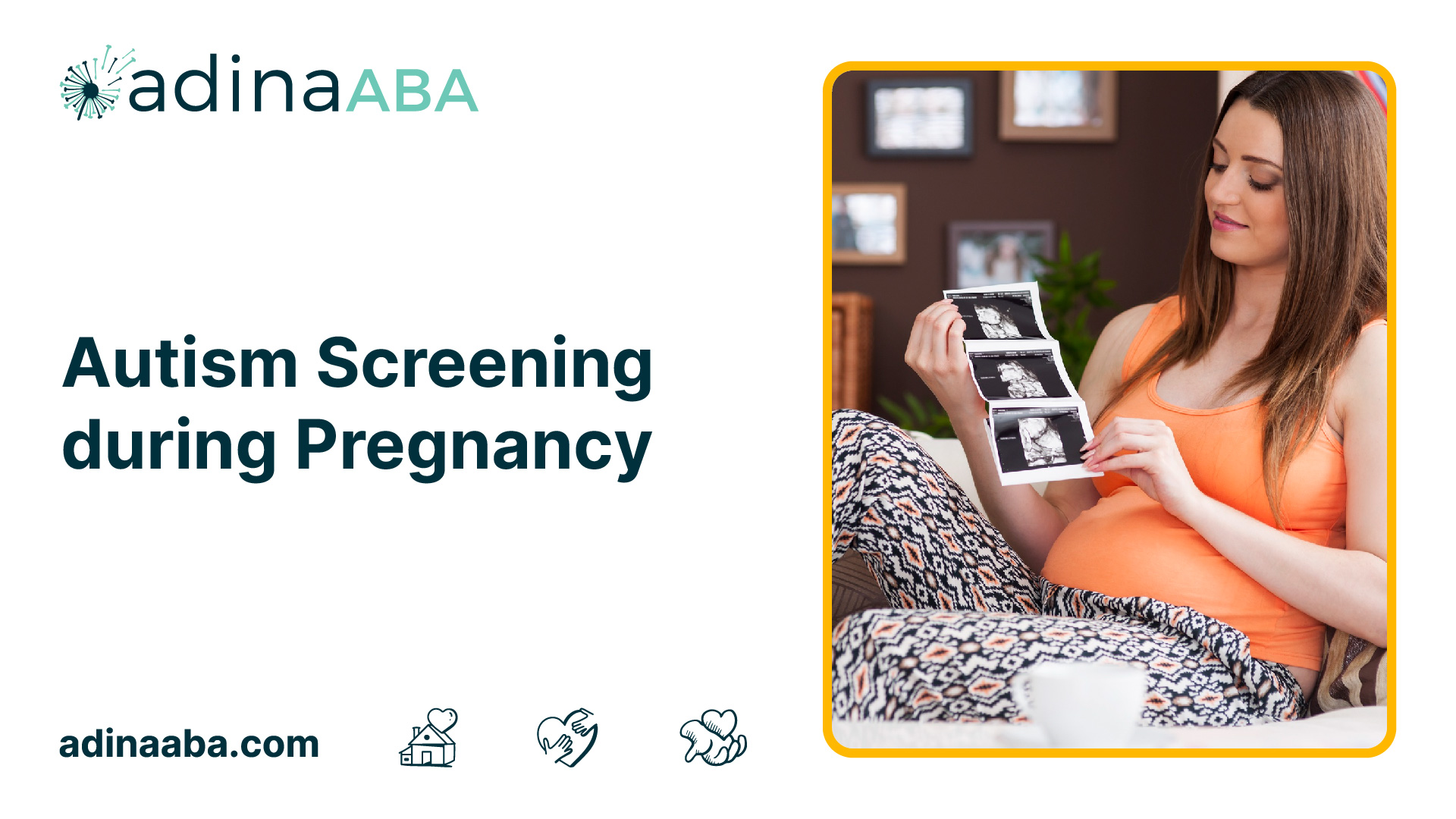
Autism Screening during Pregnancy
When it comes to autism, early detection and intervention play a crucial role in ensuring the best possible outcomes for individuals on the spectrum. Autism screening during pregnancy allows for early identification of potential risk factors and provides an opportunity for proactive intervention. In this section, we will explore the importance of early detection and the screening options and recommendations available for autism during pregnancy.
Importance of Early Detection
Early detection of autism can lead to early intervention, which has been shown to significantly improve outcomes for children on the spectrum. By identifying potential risk factors during pregnancy, healthcare providers can offer support and resources to families, enabling them to access appropriate interventions as early as possible.
Research has shown that early intervention can help improve communication skills, social interaction, and behavior in children with autism. It also allows for the development of individualized treatment plans that cater to the specific needs of the child. Therefore, autism screening during pregnancy plays a vital role in ensuring that children receive the necessary support and services right from the start.
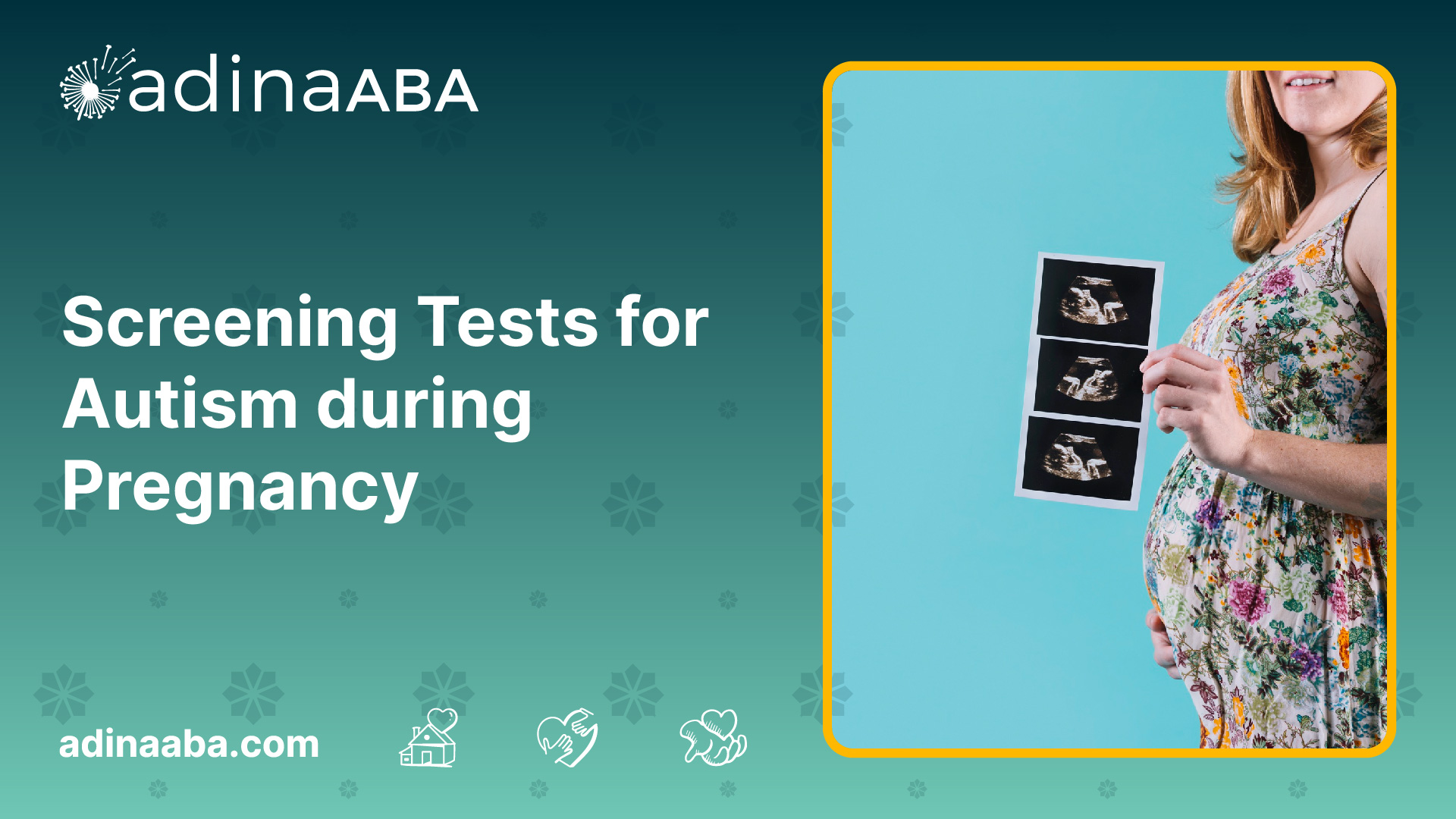
Screening Options and Recommendations
Several screening options are available to assess the risk of autism during pregnancy. These screening tests are designed to identify potential risk factors and provide healthcare providers with valuable information to guide further evaluation and intervention.
One widely used screening option is the Non-Invasive Prenatal Testing (NIPT). This test analyzes the mother's blood to detect genetic abnormalities, including those associated with autism. NIPT can provide valuable insights into the genetic predisposition to autism and help healthcare providers identify individuals who may benefit from further evaluation and support.
Maternal blood tests are another screening option that can provide valuable information during pregnancy. These tests measure specific markers in the mother's blood that may indicate an increased risk of autism. However, it's important to note that these blood tests cannot diagnose autism on their own but can serve as a useful tool in identifying potential risk factors.
Ultrasound and imaging techniques are also utilized in autism screening during pregnancy. While they cannot diagnose autism, they can help identify certain anatomical markers that may be associated with an increased risk of autism. These markers can guide healthcare providers in determining the need for further evaluation and monitoring.
It's important to remember that autism screening during pregnancy does not provide a definitive diagnosis. Instead, it serves as an early detection tool to identify potential risk factors. Interpreting screening results requires careful consideration by healthcare professionals who specialize in autism diagnosis and intervention.
Following the screening process, families need to have access to post-screening support and resources. Healthcare providers can guide families through the next steps, including further evaluation and intervention, ensuring that children receive the necessary support and services as early as possible.
By recognizing the importance of early detection and utilizing appropriate screening options during pregnancy, healthcare providers can take a proactive approach to autism and provide families with the support they need for optimal outcomes. For more information on autism symptoms and early signs, refer to their articles on early signs of autism in babies.
Genetic and Environmental Factors
When it comes to understanding autism, it is important to consider both genetic and environmental factors that may contribute to the development of the condition. While the exact causes of autism are still being researched, there is evidence to suggest that a combination of genetic predisposition and environmental triggers play a role.
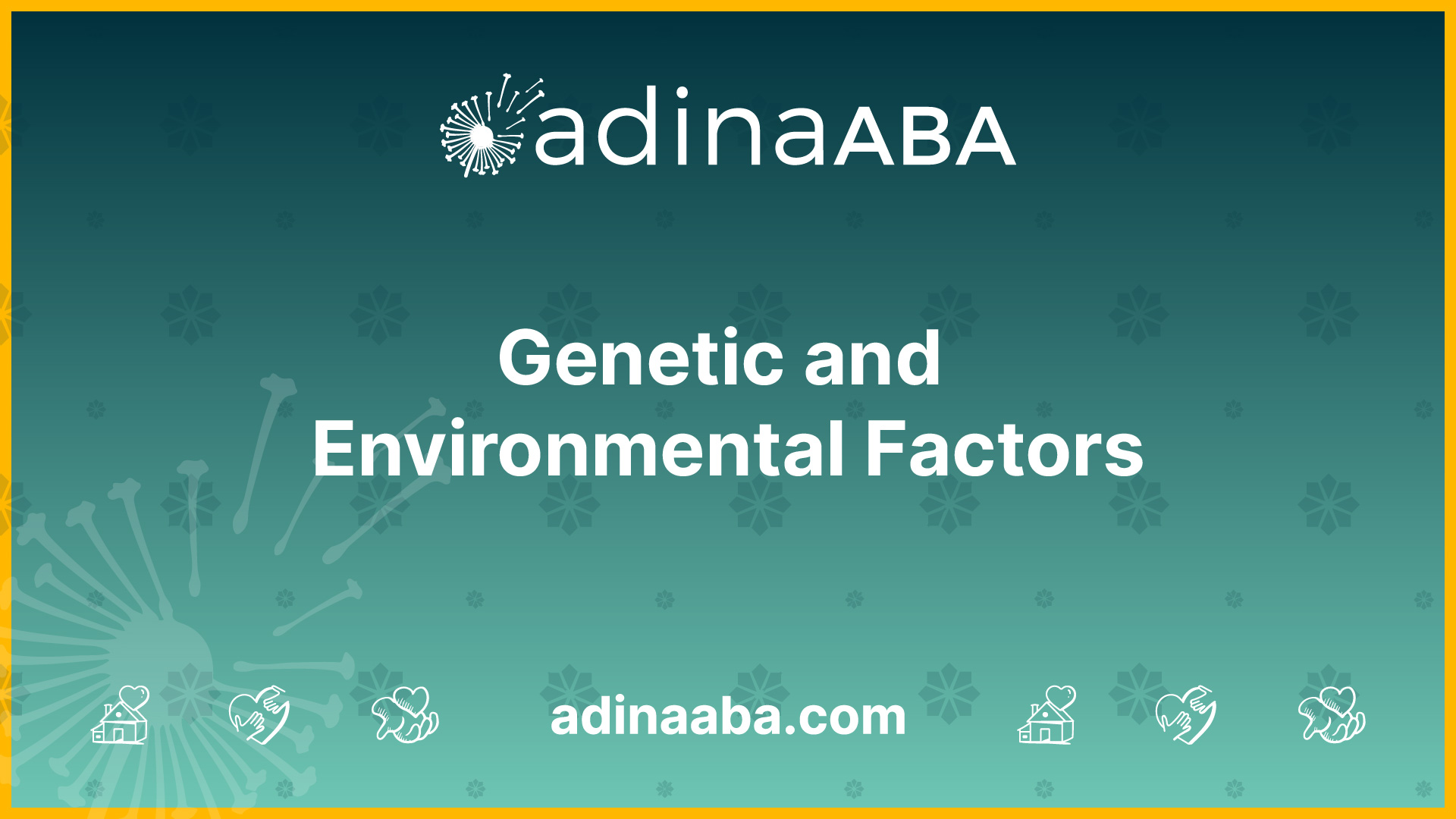
Genetic Predisposition to Autism
Research has shown that there is a genetic component to autism. Studies have identified certain genes that may increase the risk of developing the condition. It is important to note that having these genetic variants does not guarantee that a child will develop autism. However, it does increase the likelihood.
In some cases, autism may run in families, suggesting a hereditary component. If a close family member, such as a sibling or parent, has autism, the risk of having a child with autism may be higher. Genetic counseling can provide more information about the potential risks and offer guidance for individuals with a family history of autism.
Environmental Triggers and Risk Factors
While genetics play a significant role, environmental factors may also contribute to the development of autism. Research suggests that certain prenatal and early life exposures may increase the risk. These environmental triggers can vary and may include factors such as:
- Maternal infections during pregnancy
- Exposure to certain medications or drugs during pregnancy
- Complications during pregnancy or childbirth
- Exposure to environmental toxins
It is important to note that these factors do not directly cause autism but may contribute to an increased risk. The specific mechanisms by which these factors influence autism development are still being studied.
Understanding the genetic and environmental factors associated with autism is crucial for identifying potential risk factors and developing effective screening strategies. By considering both aspects, healthcare providers can provide comprehensive care and support to individuals and families affected by autism.
Screening Tests for Autism during Pregnancy
When it comes to screening for autism during pregnancy, there are several tests available that can provide valuable insights. These tests can help identify any potential risks and allow for early intervention and support. Let's explore three common screening tests for autism during pregnancy: Non-Invasive Prenatal Testing (NIPT), maternal blood tests, and ultrasound and imaging.
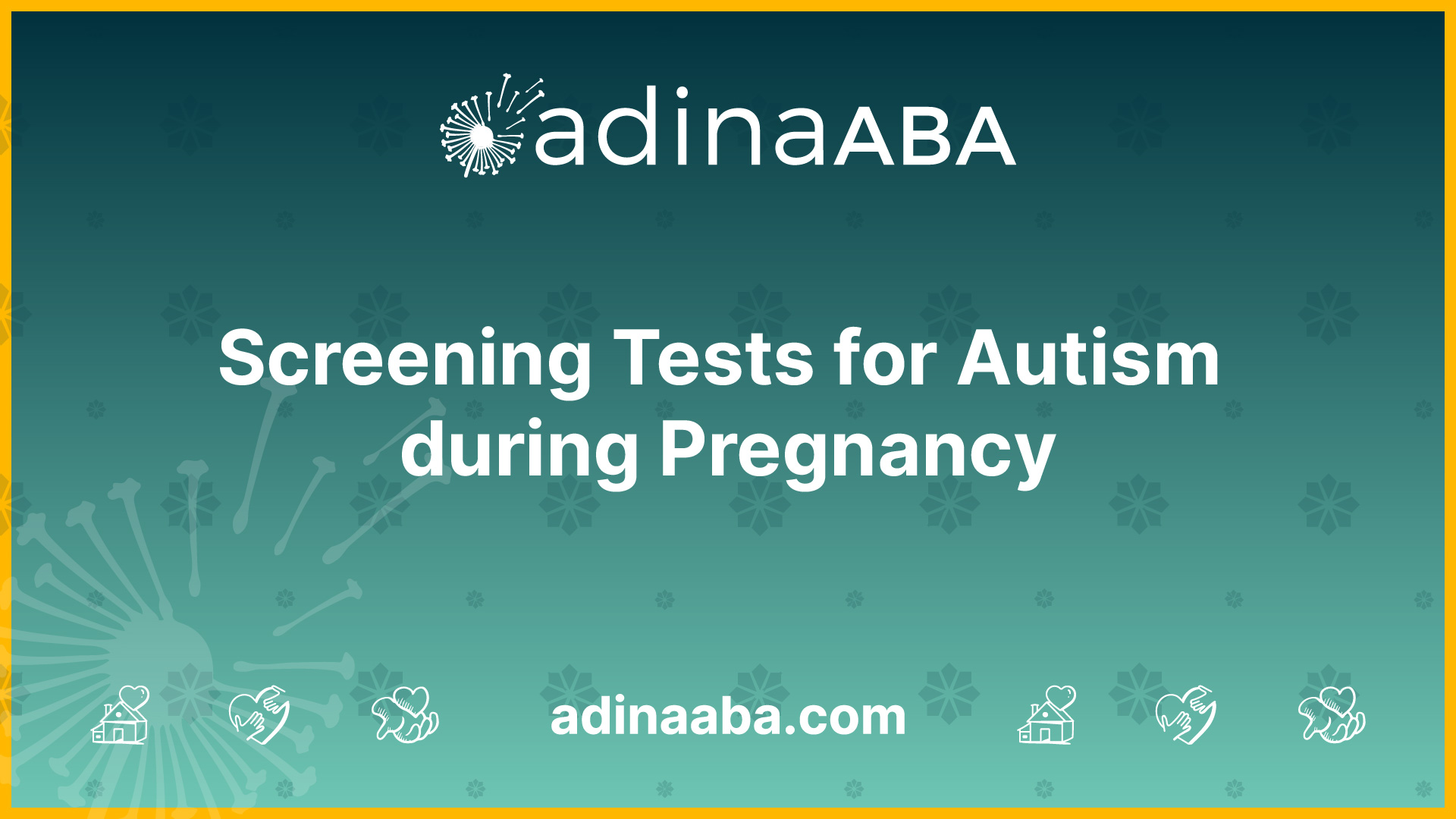
Non-Invasive Prenatal Testing (NIPT)
Non-Invasive Prenatal Testing (NIPT) is a screening test that analyzes the fetal DNA present in the mother's blood. This test is primarily used to assess the risk of chromosomal abnormalities, such as Down syndrome, but recent research has also shown its potential in detecting genetic markers associated with autism.
During pregnancy, a small sample of the mother's blood is collected, and the fetal DNA is extracted and analyzed. NIPT screens for specific genetic variations that have been linked to autism. It's important to note that while NIPT can provide valuable information, it cannot definitively diagnose autism. If the test results indicate a higher risk, further evaluation and diagnostic tests may be recommended.
Maternal Blood Tests
Maternal blood tests, also known as serum screening or multiple marker screening, are commonly performed during the second trimester of pregnancy. These tests assess the levels of certain substances in the mother's blood to determine the risk of certain conditions, including autism.
The maternal blood tests measure various markers, such as alpha-fetoprotein (AFP), human chorionic gonadotropin (hCG), estriol, and inhibin-A. Deviations from the expected levels of these markers can indicate an increased risk for certain developmental disorders, including autism.
It's important to remember that maternal blood tests are not diagnostic tests for autism. They indicate potential risk and can help guide further evaluation and counseling.
Ultrasound and Imaging
Ultrasound and imaging techniques are commonly used during pregnancy to monitor fetal development and assess any potential anomalies. While ultrasound imaging does not directly diagnose autism, it can provide valuable information about the anatomy and development of the fetal brain.
During an ultrasound, high-frequency sound waves are used to create images of the developing fetus. While it is not possible to visualize autism itself, certain features or abnormalities in brain development may be observed. These findings can prompt further evaluation and additional testing to determine if there is an increased risk of autism.
It's important to note that autism cannot be definitively diagnosed prenatally, and these screening tests are used to identify potential risks and guide further evaluation. If you notice any concerning symptoms or have questions about autism during pregnancy, it's essential to consult with a healthcare professional who can provide accurate information and support.
Remember, these screening tests are part of a proactive approach to understanding and addressing autism. They can help to ensure timely interventions and support for individuals and families affected by autism.
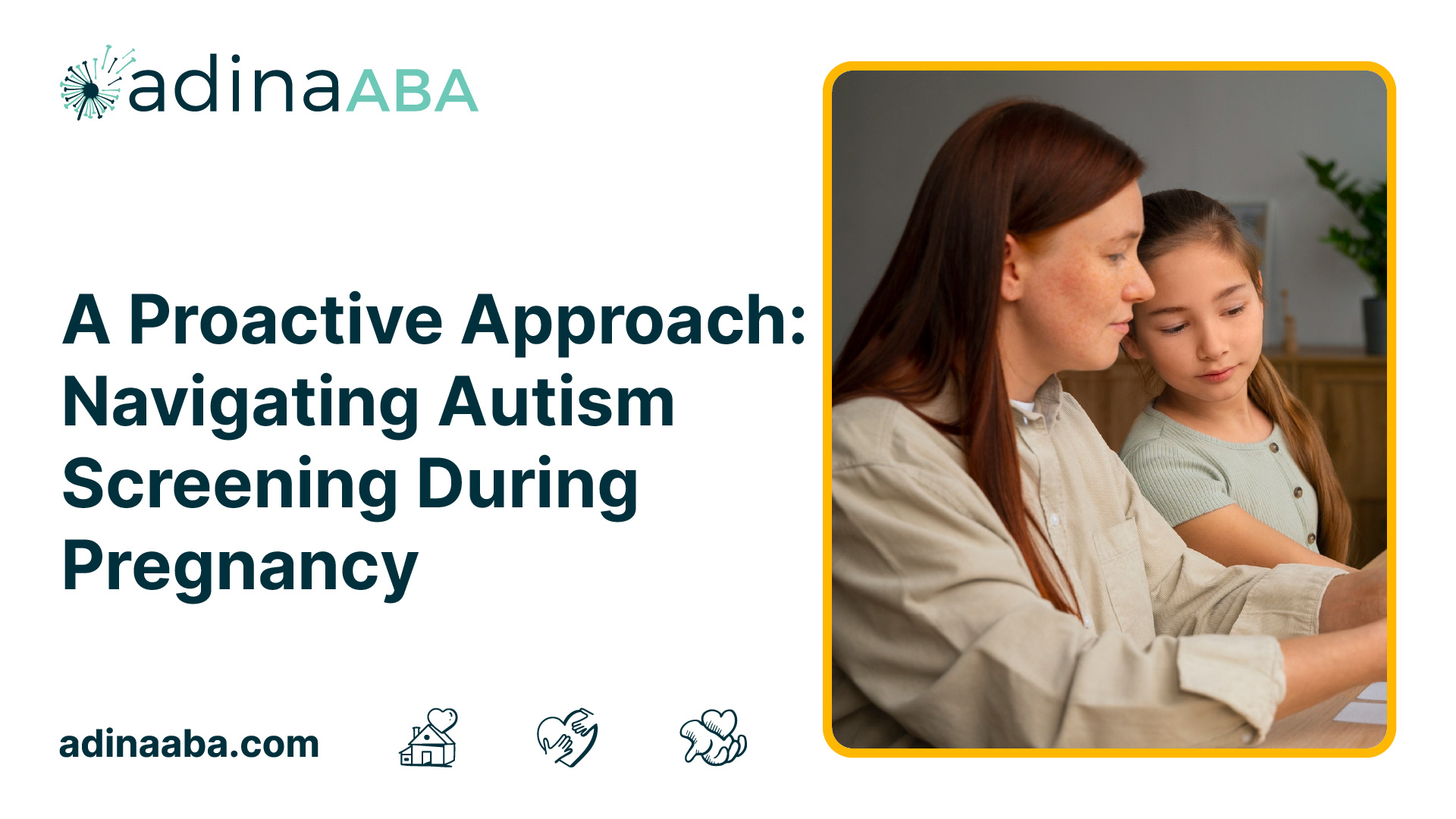
Counseling and Support
Navigating autism screening during pregnancy can be an emotional and uncertain experience. It is important to remember that screening results are not definitive diagnoses, but rather indicators that further evaluation may be needed. Seeking counseling and support during this process can provide valuable guidance and reassurance.
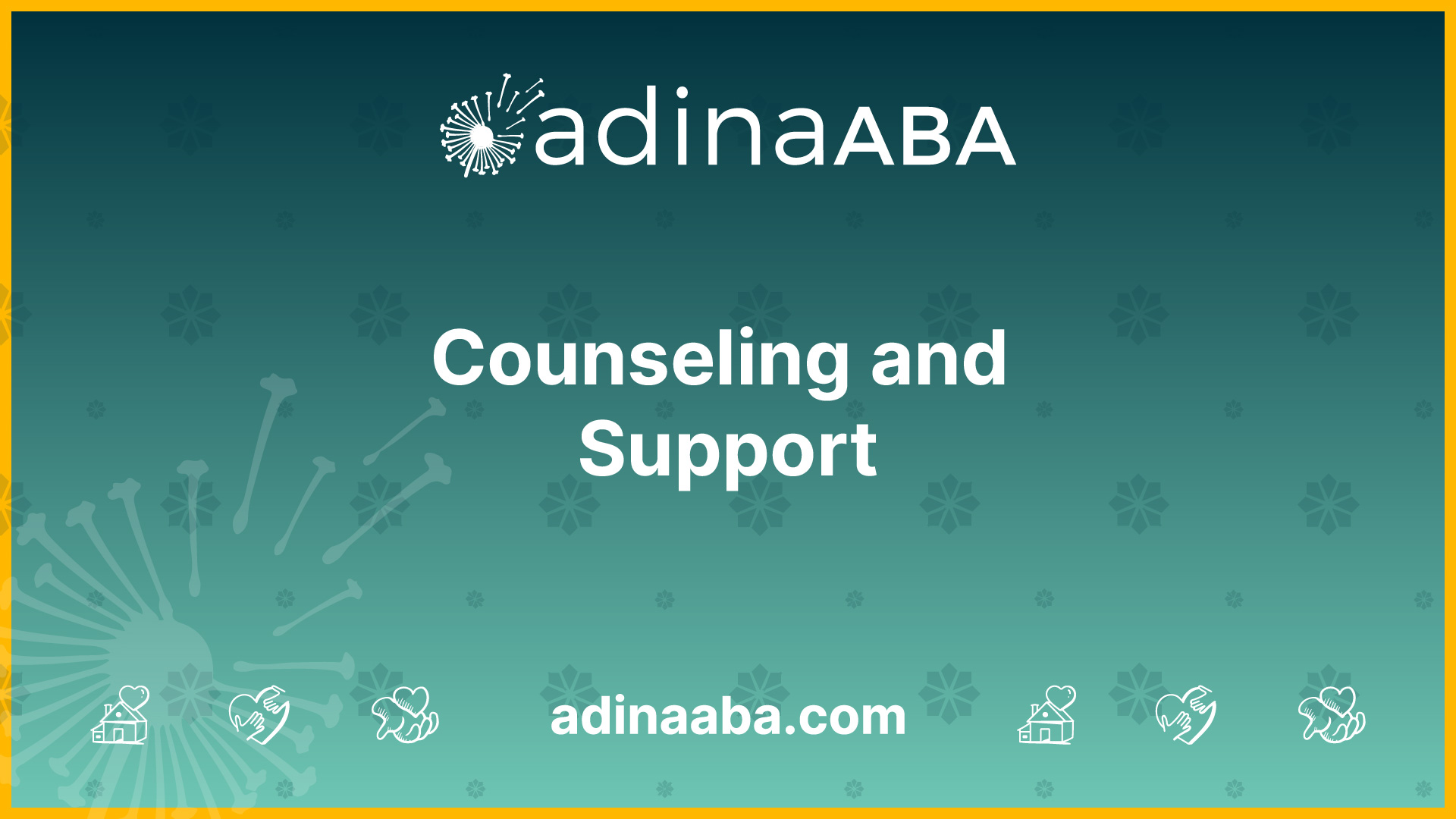
Interpreting Screening Results
Interpreting screening results for autism during pregnancy requires the expertise of healthcare professionals. If screening tests indicate a higher likelihood of autism, it is essential to consult with a healthcare provider who specializes in autism or prenatal genetics. They will be able to explain the results in detail, answer any questions, and provide appropriate guidance.
It's important to understand that a positive screening result does not mean that a child will have autism. It simply suggests an increased likelihood, which warrants further evaluation. Conversely, a negative screening result does not guarantee that a child will not have autism. It is crucial to approach screening results with caution and seek professional advice for an accurate assessment.
Post-Screening Support and Resources
Receiving a positive screening result for autism during pregnancy can be overwhelming for expectant parents. It is important to know that there are various support networks and resources available to help navigate this journey. Seeking support from organizations specializing in autism, such as local autism advocacy groups, can provide access to valuable information, resources, and support networks.
Additionally, connecting with other parents who have gone through similar experiences can offer emotional support and practical advice. Online forums, support groups, and community organizations can provide a safe space to share experiences, ask questions, and gain insights from others who have walked a similar path.
Next Steps and Further Evaluation
Following a positive screening result, the next step is to consult with a healthcare professional for further evaluation. They will conduct a comprehensive assessment to determine if the child has autism. This evaluation may involve additional tests, observations, and consultations with specialists, such as developmental pediatricians, psychologists, or speech-language pathologists.
It is important to trust the expertise of the healthcare professionals involved in the evaluation process. They will consider all relevant factors, including screening results, medical history, and developmental milestones, to arrive at an accurate diagnosis. Remember that early intervention and support can make a significant difference in the child's development and quality of life.
Understanding the significance of counseling and support throughout the screening process is vital for expectant parents. Seek guidance from healthcare professionals, connect with support networks, and gather reliable resources to make informed decisions and provide the best possible care for your child.

FAQs
Can autism be diagnosed during pregnancy?
Currently, there is no prenatal test that can diagnose autism. However, if you have a family history of autism or are concerned about your child's development, you can speak to your doctor or a genetic counselor about your options for testing.
Is it safe to vaccinate my child if I am worried about autism?
Yes. The idea that vaccines cause autism has been thoroughly debunked by numerous studies. Vaccinating your child according to the recommended schedule is safe and can help protect them from serious illnesses.
Are there any alternative therapies that can prevent or treat autism?
No. While some alternative therapies may claim to prevent or treat autism, there is no scientific evidence to support these claims. It is important to rely on evidence-based treatments and interventions for children with autism.
What should I do if I suspect my child has autism?
If you are concerned about your child's development, it is important to speak to your doctor or pediatrician as soon as possible. Early intervention can make a big difference in helping children with autism reach their full potential. Your doctor may refer you to a specialist for further evaluation and treatment.
Conclusion
Autism is a complex condition that is still not fully understood, but there are some steps that you can take to reduce your child's risk of developing the condition. By maintaining a healthy lifestyle, getting early prenatal care, and avoiding exposure to toxins, you can help to give your child the best possible start in life. Remember, if you are concerned about your child's development, it is always best to speak to your doctor or pediatrician.
Sources
https://www.verywellhealth.com/autism-risks-in-pregnancy-birth
https://www.parents.com/pregnancy-and-autism-what-you-need-to-know
https://psychcentral.com/autism/maternal-mental-health-linked-to-autism
https://www.spectrumnews.org/maternal-infection-and-autism-explained
More Resources
Expert Clinicians
Get started today ->

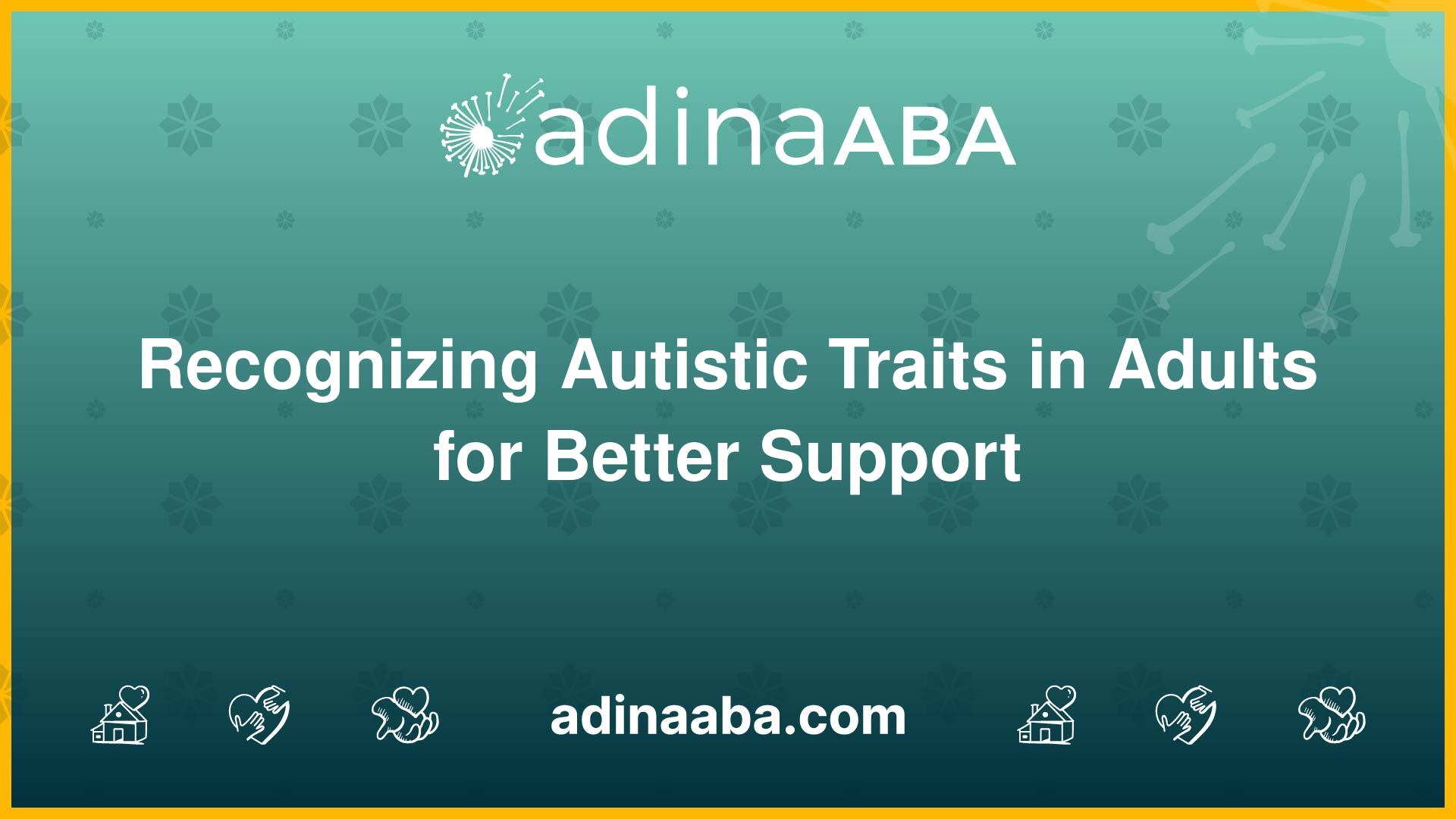

.jpg)
.jpg)
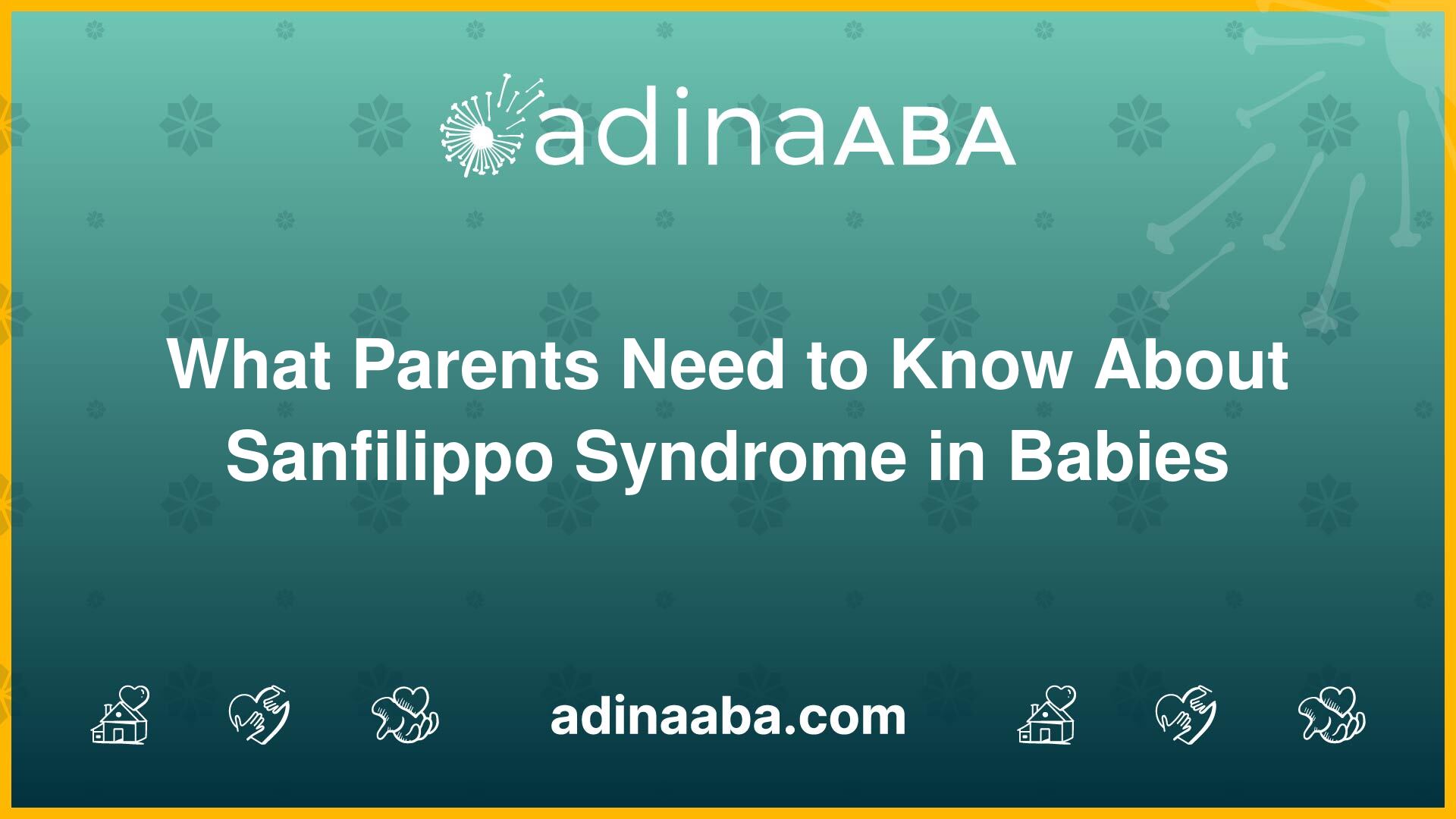
.jpg)